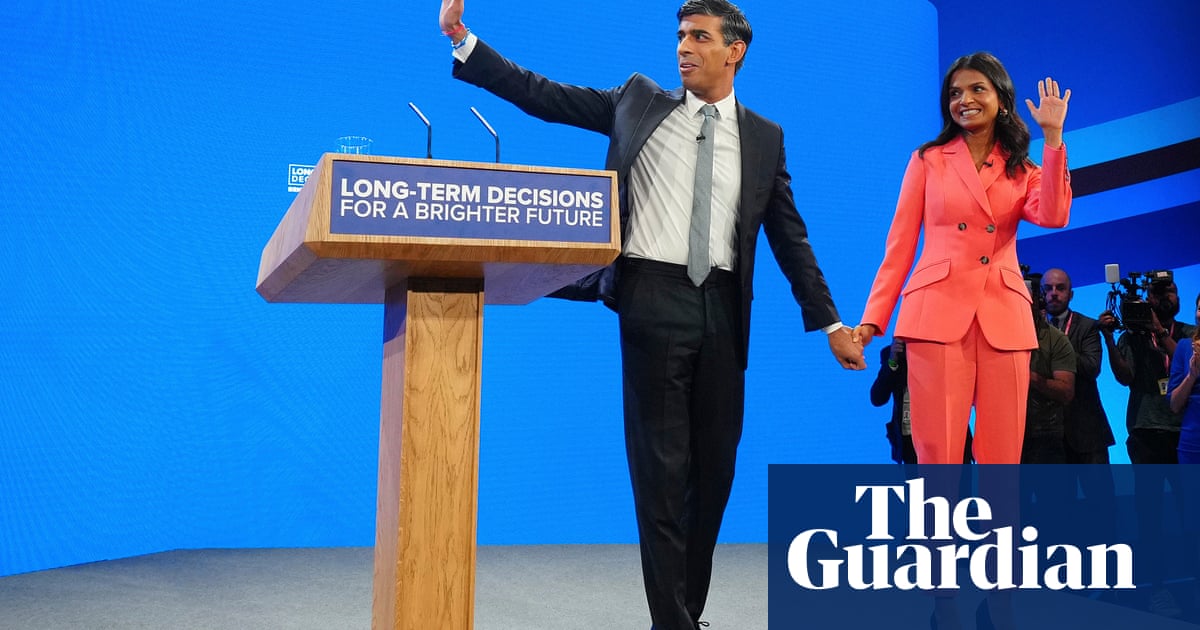
A former chief economist at the Bank of England has said there should be “cause for pause” on the government’s plan to close the tax loophole for wealthy foreigners, after the Guardian revealed there were Treasury fears that it would not raise any cash.
Andy Haldane said it was reasonable that Rachel Reeves wanted to close the loophole for non-doms but that ministers should think carefully if the measure would not raise any revenue and consider what it would do for business confidence.
Labour planned to use the money raised from wealthy individuals who are registered overseas for tax purposes to invest in school breakfast clubs and more NHS hospital and dental appointments.
But officials fear that the Office for Budget Responsibility (OBR) could score the measure as a negative, meaning it would cost the exchequer money, because of non-doms leaving the UK, particularly over changes to inheritance tax.
“Does that make it more or less likely people would park their money, set up their businesses here and therefore generate growth? For me, that’s the meta question we’d ask ourselves and answer in the budget,” Haldane told LBC.
He said business confidence had been “heading south over the last six weeks or so”, a trend that Labour insiders see as a symptom of uncertainty before the budget in October.
But Haldane said many of Labour’s growth plans depended on private investment. “This is a time where we need more of that private finance to fuel growth and recovery. So if it were me, I’d be being a bit careful in not deterring just the flow of finance we need to get growth going.”
Haldane said he could understand if Reeves still wanted to press ahead with the changes. “I get that people have made manifesto commitments and see the need to follow through on those for reasons of credibility. If it indeed is not helping fill what’s sometimes called the black hole, then elsewhere we’ll need to look at and that’ll be a difficult decision,” he said.
The Conservatives announced the abolition of non-dom status earlier this year and Labour said it still hoped it could raise an estimated £2.6bn over the course of a parliament by clamping down on loopholes, which it later predicted could raise an initial £1bn in the first year.
A Treasury source said they would look at the advice from the OBR and that the priority was raising revenue.












